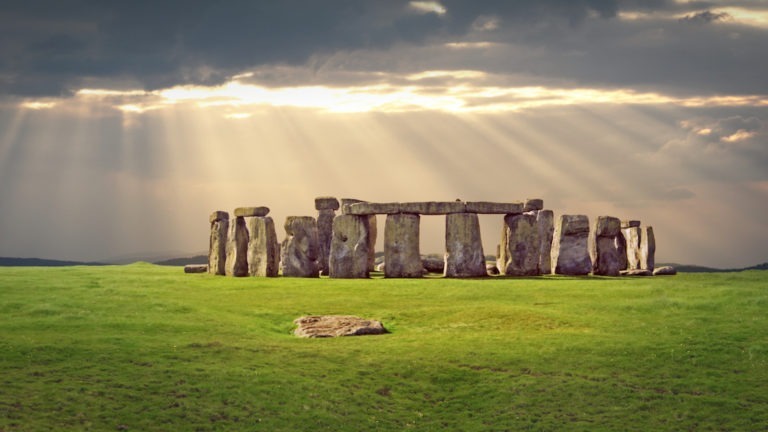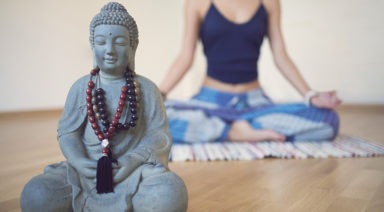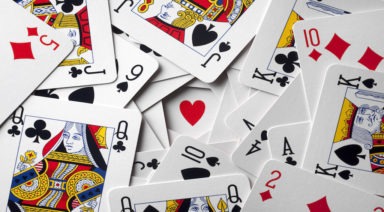Water Rituals to Spiritually Connect with the Sacred Element

Water is a life-giving element with profound importance, recognized and celebrated across cultures. It’s not only essential for survival but also revered for its spiritual significance, offering renewal, purification, and connection to the divine. When we connect deeply with the element of water, we honor its role as a giver of life and develop a greater sense of well-being and appreciation. This connection can help us foster respect for this sacred element while enhancing our personal sense of balance and vitality.
Spiritual Meaning of Water Across Traditions
Water’s symbolism—representing renewal, fertility, purification, and transformation—holds significant spiritual meaning across religions. In Christianity, for instance, baptism with water signifies purification and acceptance into the faith, echoing stories of Jesus and the cleansing power of holy water. Similarly, in Greek traditions, water is seen as a bridge to the divine, used in offerings to gods of the sea and rivers.
Religious practices worldwide incorporate water as a tool for blessing, connection, and spiritual awakening. In Islam, daily ablutions (wudu) cleanse the body in preparation for prayer, aligning one’s spirit with sacred intentions. Hinduism reveres sacred rivers like the Ganges, believed to have powerful spiritual properties that cleanse impurities and aid in liberation from the cycle of rebirth, or Moksha. These rituals underscore water’s spiritual role in supporting life and guiding transformation.
Purification through Water
Ritual cleansing practices, or ablutions, are foundational in many faiths. In Judaism, the mikveh—a bath used for full-body immersion—restores ritual purity, while netilat yadayim involves washing hands upon rising and before meals. In Christianity, baptism serves as a purification act, welcoming individuals into the church through holy water. Similarly, Hindu rituals encourage bathing in sacred waters, which cleanse spiritual impurities and connect devotees to the divine.
Across cultures, holy sites near rivers, springs, and other water sources invite pilgrims to partake in this purifying element. In Bali’s Agama Tirtha, or “religion of the holy water,” devotees seek purification and blessings at temples with flowing holy water, such as Tirta Empul. Here, worshippers immerse themselves to wash away impurities and connect with the sacred.
Infusion of Blessings
The idea that water holds “memory” has resonated in spiritual traditions. The Japanese researcher Masaru Emoto suggested that positive thoughts and blessings could alter the molecular structure of water, enhancing its vitality. This notion aligns with practices in Bali, where priests bless water through mudra (sacred gestures) and mantra (sacred sound) to imbue it with divine energy. Similarly, Christian ministers may sanctify water for sacramental and protective purposes, showing how different faiths infuse water with blessings.
Blessings of food and drink
In many religious traditions, gratitude is expressed before meals, acknowledging the sustenance provided by nature. Jewish blessings (brachot) are recited before consuming food and drink, while Hindu and Christian prayers of gratitude are common practices, encompassing water among the many blessings received.
Water Rituals for Personal Connection
Spiritual water rituals range from simple expressions of gratitude to elaborate acts of immersion and purification. Inspired by these traditions, we can create our own rituals to honor the element of water, fostering a deeper sense of well-being and spiritual connection.
For Drinking Water
Holding a glass of water, close your eyes and reflect on your gratitude for this pure water, imagining the positive energy flowing into you. Feel the connection to oceans, rivers, and rains that nourish life on earth, then sip mindfully, appreciating how it revitalizes you.
To further connect, write a prayer or affirmation on paper and wrap it around your water bottle overnight. Picture your intentions infusing the water with your words’ vibration. In the morning, as you drink, let this energy nurture your mind and body throughout the day.
For Bathing and Washing
Daily washing can be transformed into a mindful ritual for cleansing away negative energies. As you wash, visualize water purifying not only your body but also your spirit. Recognize each moment as a release of any heaviness.
For a more profound experience, try a sacred immersion bath. Prepare soothing offerings like flowers, essential oils, and calming music. As you soak, meditate, set intentions for clarity, and let the water wash away tension, creating a space for renewal.
For Purification in Natural Settings
Inspired by Hindu purification practices, choose a natural water source like a river or stream for a personal cleansing ritual. Bring offerings such as flowers or stones that are eco-friendly. Find a peaceful body of water, recite a prayer, and let the water cleanse you. With each submersion or washing, release personal burdens to the water, honoring its role in renewing and connecting all life.
For Honoring Water Spirits
To connect with the life force and spirit guides associated with water, consider a ceremony to honor fresh and saltwater spirits. Sitting by a natural water body, reflect on water’s essential role in supporting life, and call upon water spirits to aid in spiritual awakening and guidance. Embrace this practice as a moment to deepen your connection to nature and the universal energy within the element of water.
Water is a sacred gift that not only sustains life but also brings transformation and spiritual insight. By acknowledging its power, we can use water rituals that strengthen our connection to this essential element. Whether through a simple thank-you before drinking or a mindful cleansing ritual, water offers a pathway to grounding, healing, and unity with all life. Through these practices, we honor the life-giving essence of water and invite its blessings into our daily lives.
Ancient Traditions To Help You Celebrate Summer Solstice

The summer solstice marks the longest day of the year, during which the axial tilt of the Earth puts the western hemisphere closest to the Sun. For time immemorial, it has been a day of celebration for many cultures across the world. But if you’re unsure of how to celebrate the summer solstice of 2019, here are some of the ancient rituals and celebrations practiced by our ancestors on the midsummer’s night.
Summer Solstice Meaning
The word solstice comes from the Latin words “sol,” meaning sun, and “stitium” or “sistere,” meaning still or stopped. In ancient times, our ancestors likely used this day as a marker to decide when to plant crops, noticing that the sun switched from a southward to northward trajectory in the sky.
But more importantly, the solstice was a time of celebration and a break from the norm. Many cultures believed that magic took place on the night of the summer solstice, with fairies showing themselves to humans, while evil spirits were dispelled from their lives.
Ancient Festivities on the Summer Solstice
In ancient Greece, the summer solstice marked the start of a new year and the month-long countdown to the Olympics. The Greeks also observed the festival of Kronia, during which they worshipped Cronus, the god of agriculture. At this time slaves were given equal rights to their owners, who allowed them to participate in games and festivities, sometimes even reversing roles and serving them – it was undoubtedly a welcomed holiday.
In ancient Egypt, the summer solstice represented the coming of the brightest star, Sirius. Not long after, the Nile would begin to flood its banks, marking a season of abundance from the land. The Egyptians believed Sirius was responsible for the floods and considered it the start of a new year.
The ancient Romans celebrated the festival of Vestalia, in honor of the goddess of the hearth. Married women brought offerings to the temple of Vesta, hoping the goddess would bestow blessings upon their families. Vesta was the protector of married women and virginity, and was exclusively a goddess for women.
In addition to the offerings made in Vesta’s temple, women would bake a sacred cake, which followed a strict recipe. Water from a sacred spring would be used, and prevented from coming into contact with the Earth, as it was carried in blessed jugs.





































